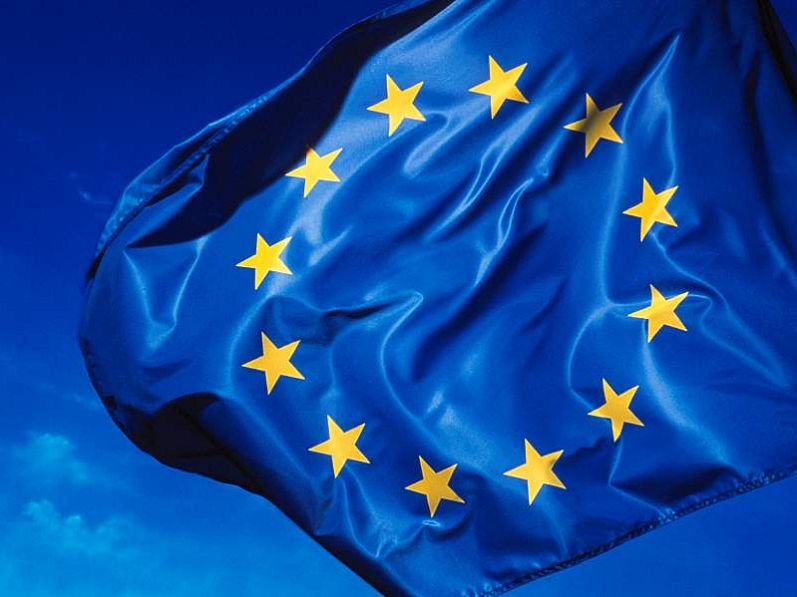A coalition of major multinational businesses have written to European Commission president Jean-Claude Juncker to demand more ambitious energy efficiency targets for 2030.
The letter, dated last week and coordinated by the European Alliance to Save Energy, called on Juncker to establish a binding energy efficiency target “well above the current non-binding 27%”.
Co-signees of the letter, which included the chief executives of companies such as Kingspan, Danfoss, Knauf Insulation, Phillips Lighting and Veolia, said that the current target “barely corresponds to business as usual”.
The “business-as-usual” target of a 30% reduction in energy use by 2030 was implemented as part of the Energy Efficiency Communication in July 2014.
The letter argues that the revised target is needed to align the EU 2030 climate legislative framework with the higher ambition agreed upon at last year’s COP21 climate summit in Paris.
It also puts forward a strong economic case for setting such ambitious energy efficiency goals. The letter states that if the current rate of energy productivity in the EU was doubled from its circa 1.5%, household energy bills would fall by one-third and around 1.2 million jobs would be created.
“That is why the business community takes note of the position of the European Parliament to fix a binding EU energy efficiency target at 40% for 2030: we are convinced that a single EU greenhouse gas emissions target would fail to trigger additional energy savings or stop wasteful energy use and spending.
“Energy efficiency is the key to enable energy and climate policies and must therefore come first in the design of the European energy policy framework,” the letter stated.
It concludes by prompting Juncker to attend a meeting with the associated companies to discuss the target and associated economic benefits, and includes a list of 16 case studies where energy efficiency investment has been of benefit.
The letter comes a fortnight after MEPs spoke of the need for more ambitious energy efficiency targets and voted in favour of recommending that the 40% target be put in place for 2030 as well as a binding requirement stating all member states act with a “maximum degree of ambition and effort”.






